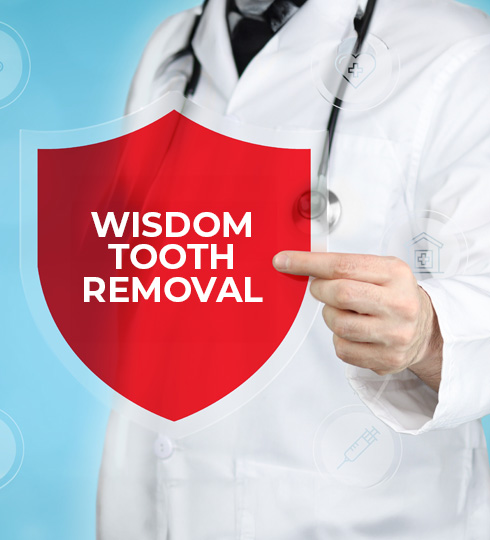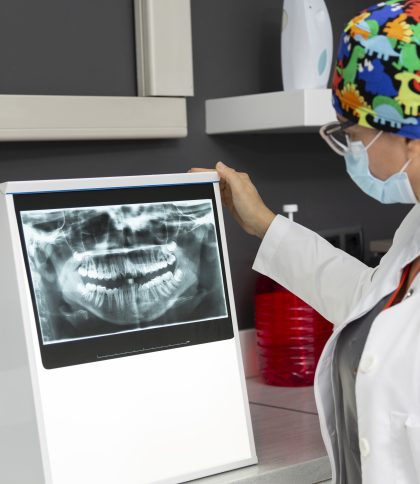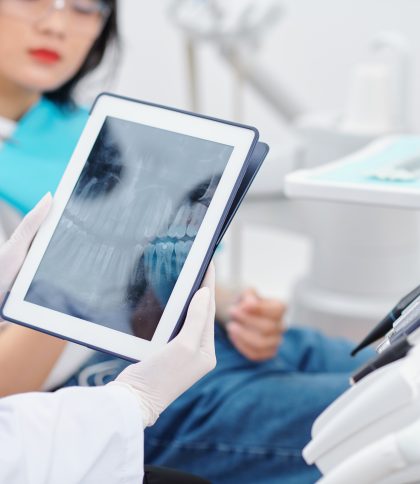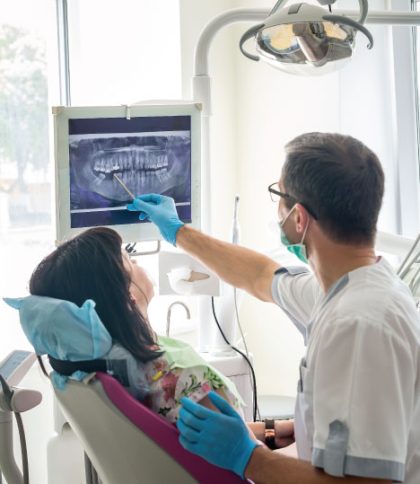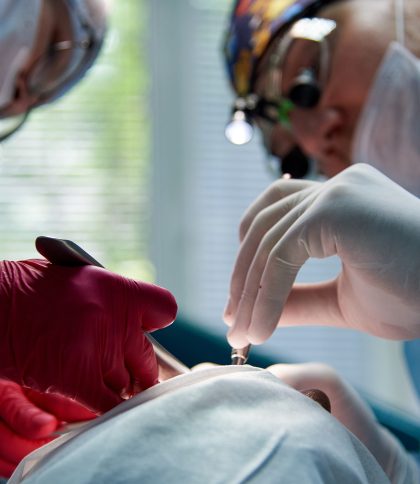Procedures
Wisdom Tooth Removal

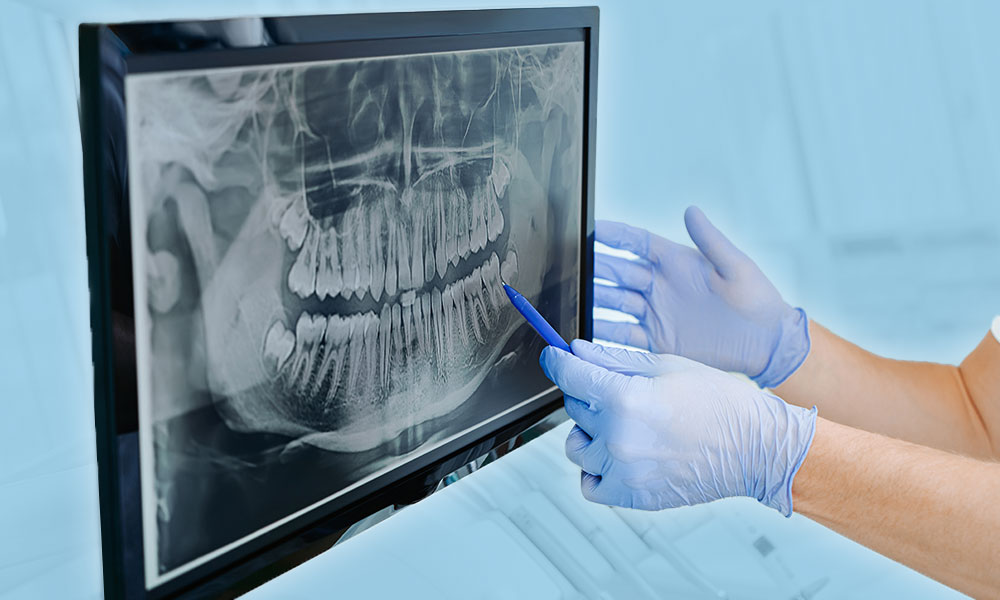
Trust Argyle Associates for Your Wisdom Tooth Removal Needs
If you have been recommended by your dentist to have wisdom teeth removed, you are far from alone. Nearly 90% of adults will have a wisdom tooth removed in their lifetime! With our surgeons removing over 5,000 sets of wisdom teeth a year, perfecting the patient experience has been our priority. Every patient is different and we assure that every step of the way we tailor our service and treatment to your needs. From consultation to recovery, your comfort, confidence and health is our purpose. Learn more about our wisdom tooth removal procedures below.
What to Expect With Wisdom Tooth Removal Surgery
During The Procedure
Your dentist or oral surgeon will use one of 3 types of anesthesia depending on the complexity of surgery and your comfort level: local anesthesia, sedation anesthesia, or general anesthesia. With all three types of anesthesia, you shouldn’t experience any pain. You’ll be awake with local anesthesia, have suppressed consciousness with sedation anesthesia, and will lose consciousness with general anesthesia.
During the procedure, your dentist or oral surgeon will do the following:
- Make an incision in the gum tissue to expose the tooth & bone
- Divide the tooth into smaller sections for easier removal (if necessary)
- Remove your wisdom teeth
- Thoroughly clean the tooth extraction site
- Stitch the wound closed to promote healing
- Place gauze over the extraction site to help control bleeding
After The Procedure
If you receive either sedation anesthesia or general anesthesia, you’ll be taken to our recovery room after your wisdom tooth removal procedure. Before the procedure you would have made transportation plans based on the level of anesthetics administered.
As you heal from your wisdom tooth removal surgery, you should follow the specific instructions from your dentist or oral surgeon, including:
Instructions
- Take pain medication like Tylenol or other prescription pain medication
- Intermittently use an ice pack to help reduce swelling
- Plan to rest for the remainder of the day
- Avoid strenuous activities for at least a week
- Don’t drink with a straw for the first week
- Eat only softs foods for 24 hours and gradually incorporate regular diet
- No brushing teeth or mouthwash for the first 24 hours after surgery
Wisdom Tooth Removal FAQ
What are wisdom teeth?
Wisdom teeth are the back-most teeth in the upper and lower mouth. They are also called the third molars. They are the last teeth to develop, usually between the ages of 17 and 25.
About 35% of people are born without wisdom teeth. Humans no longer need wisdom teeth for survival.
Why do some wisdom teeth need to be removed?
Many people do not have enough room in their mouths to accommodate their third set of molars. Consequently, these teeth are unable to fully emerge from the bone and/or gums – hence the term “impacted” wisdom teeth.
Nine out of 10 people have at least one impacted wisdom tooth. Poorly positioned or impacted wisdom teeth can lead to a variety of problems:
- Infection
- Damage to adjacent teeth
- Dental decay
- Periodontal “gum” disease
- Receding gums
- Loose teeth
- Bone loss
- Tooth loss
- Cysts and tumours
Sometimes, the tissue surrounding an impacted tooth can form a cyst. These cysts can grow and damage adjacent bony and dental structures.
Early removal of wisdom teeth is recommended to minimize the likelihood of these problems developing.
My wisdom teeth don't hurt - why does my dentist want them removed?
Wisdom teeth are located in the back of the mouth. This makes them difficult to keep clean. The bacteria that cause gum disease may grow there and lead to problems before you experience any symptoms.
Research suggests that the bacteria may also travel through your bloodstream. This can cause problems such as diabetes, heart disease, and kidney disease. Gum disease in expectant mothers can be associated with pre-term and low-birthweight babies.
It is also easier to remove a young adult’s wisdom teeth. This is because the roots are not yet mature. The surgery will be less complicated and the healing process will be faster.
The American Association of Oral & Maxillofacial Surgeons (AAOMS) strongly recommends that third molars be evaluated by an OMFS by the time a patient is a young adult.
what is involved in wisdom teeth removal?
what is argyle ASSOCIATES' experience in wisdom teeth removal?
On average, our surgeons remove over 5,000 sets of wisdom teeth annually. It is one of the most common procedures we perform. As a result, we are able to offer this service with a high level of efficiency and with minimal complications.
DO I NEED A REFERRAL TO HAVE MY WISDOM TEETH REMOVED?
WHAT ARE IMPACTED WISDOM TEETH?
WHEN ARE WISDOM TEETH NOT REQUIRED TO BE REMOVED?
Sometimes wisdom teeth have all the room they need to erupt healthily, without causing any problems. In these cases your dentist might recommend that you keep your healthy third molars. It is important to note that while you might not feel like anything is wrong with your wisdom teeth, your dentist might recommend wisdom teeth removal. Make sure you schedule routine visits with your dentist to ensure you don’t run into any issues with your wisdom teeth – or with your overall oral health.
HOW MUCH DOES IT COST TO REMOVE MY WISDOM TEETH?
- The number of wisdom teeth in the patients mouth
- The position of the wisdom teeth
- The type of anesthesia selected
